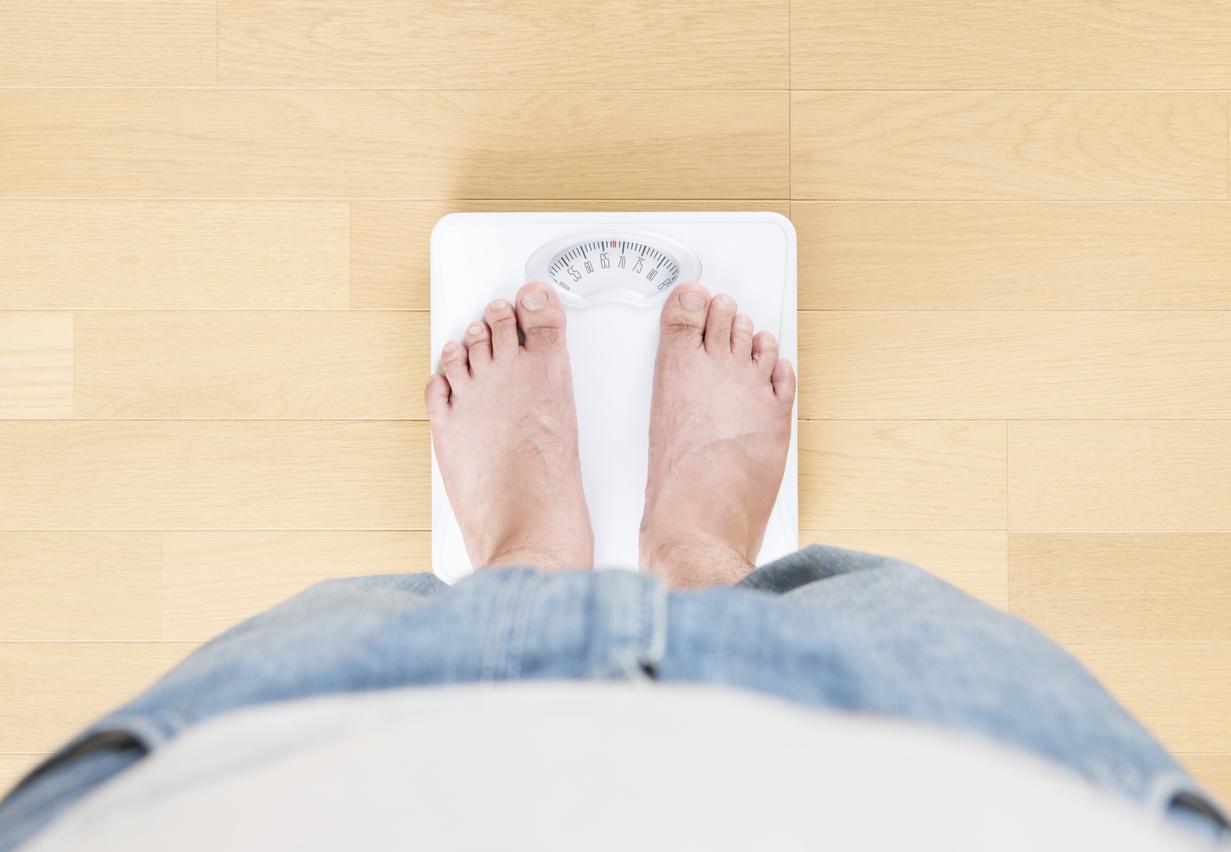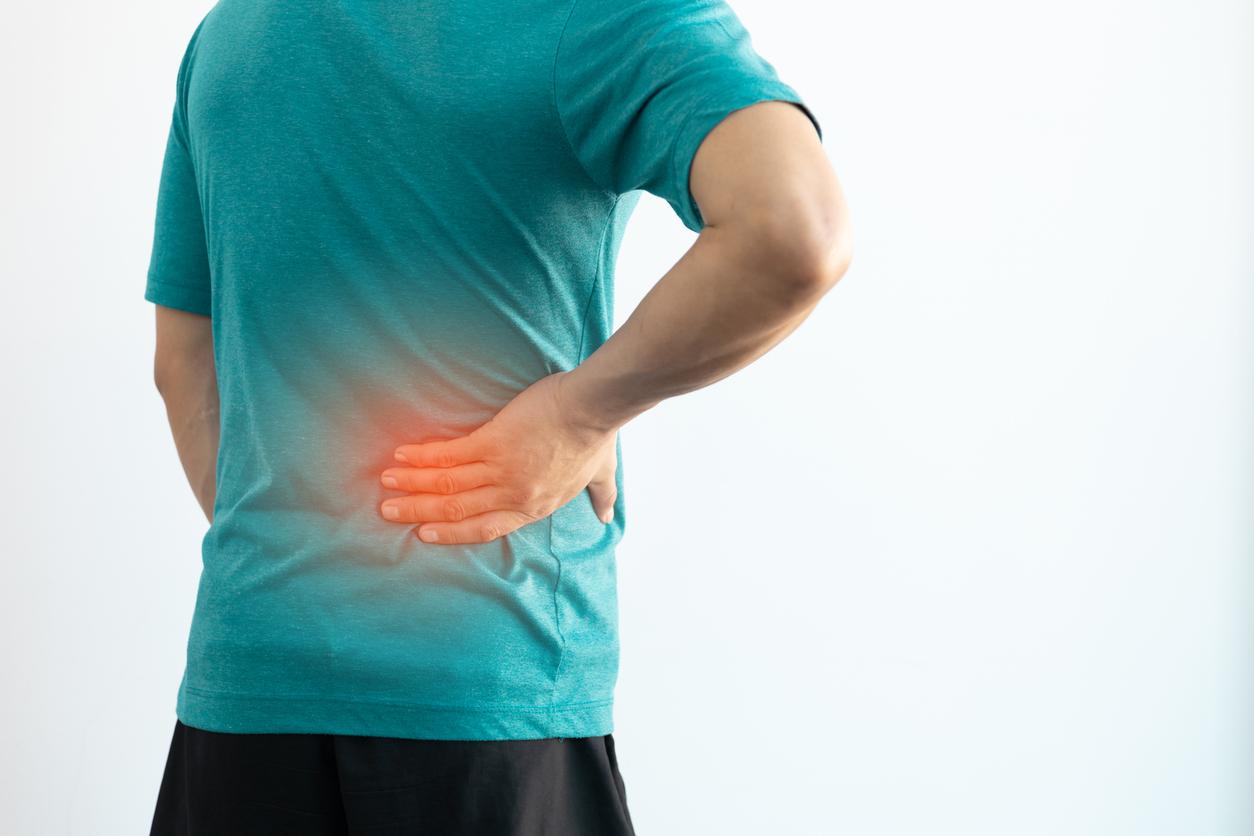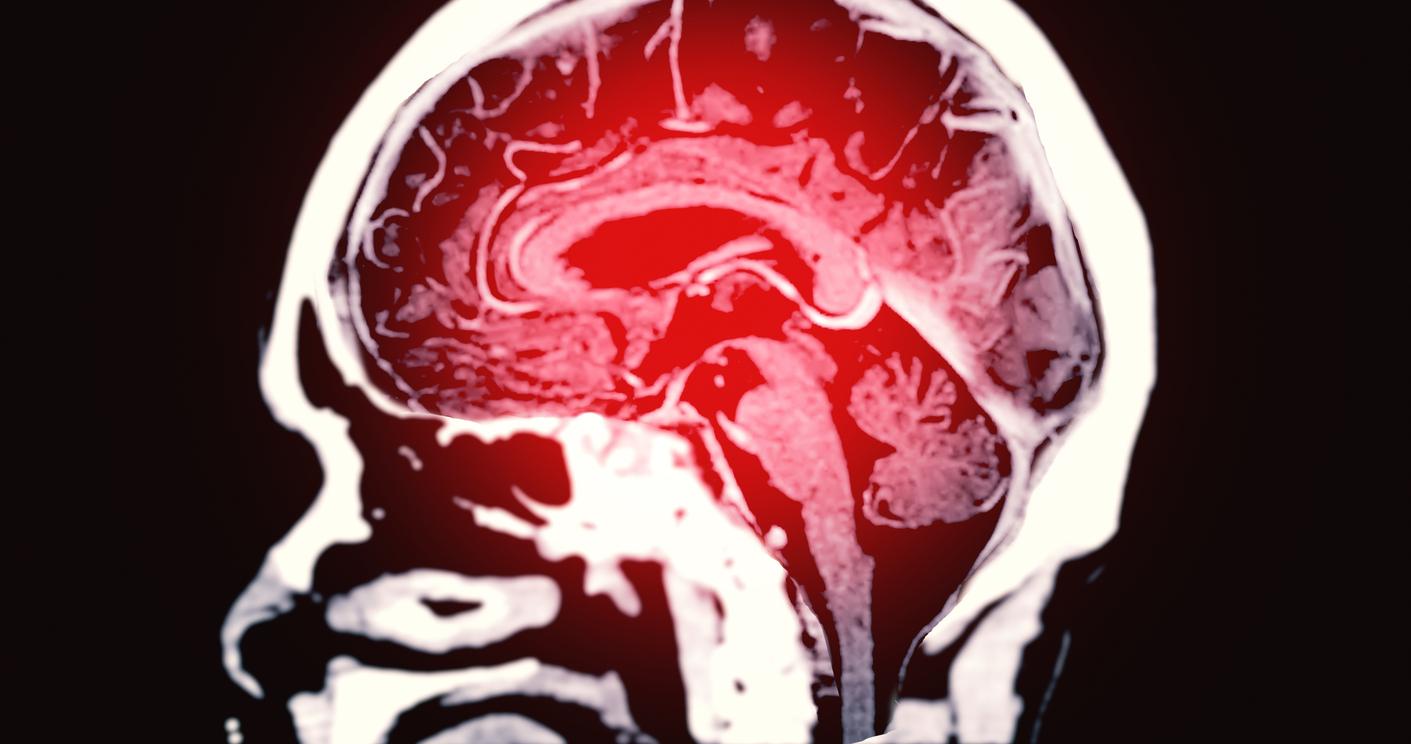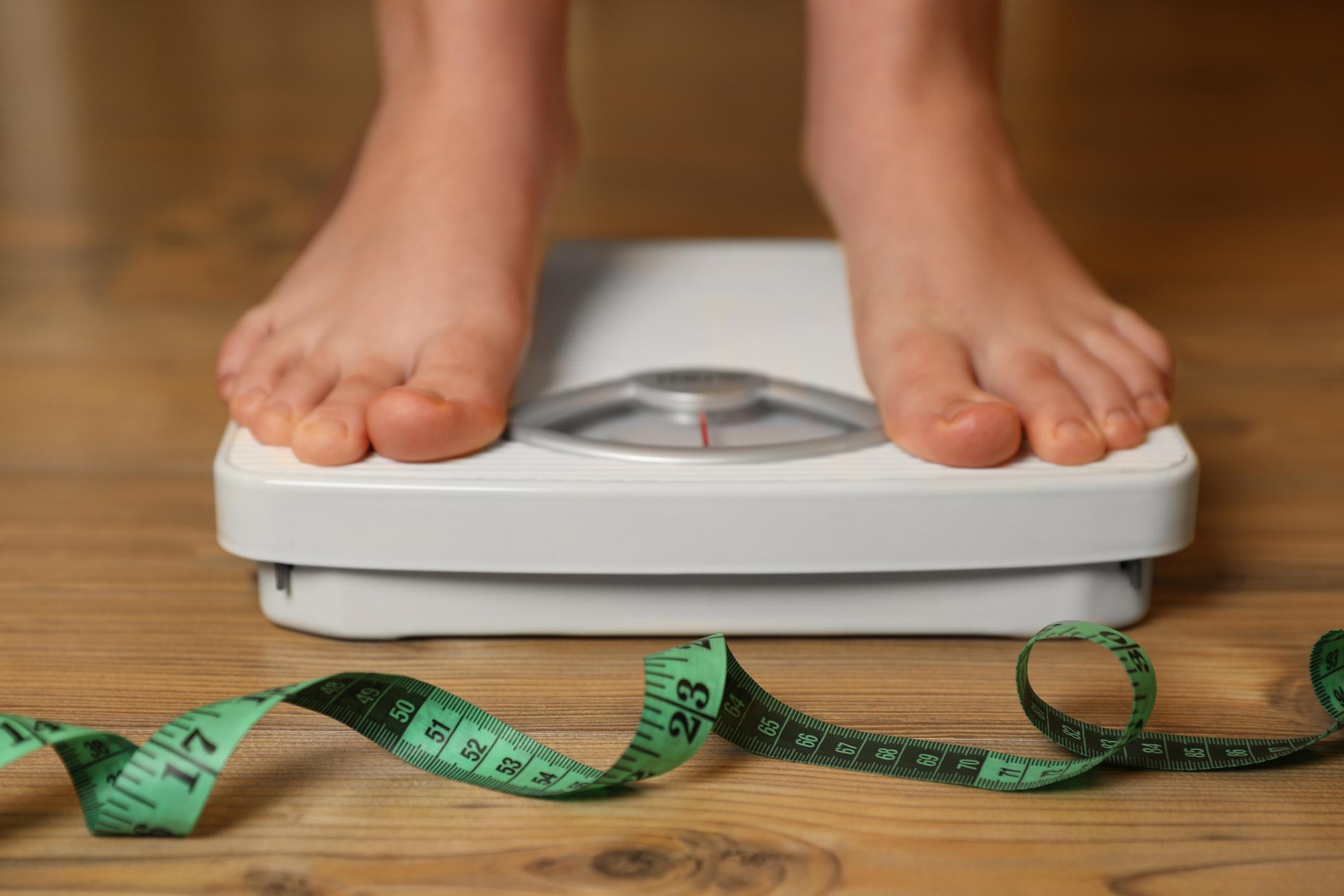Consuming light drinks every day considerably increases the risk of having a stroke.
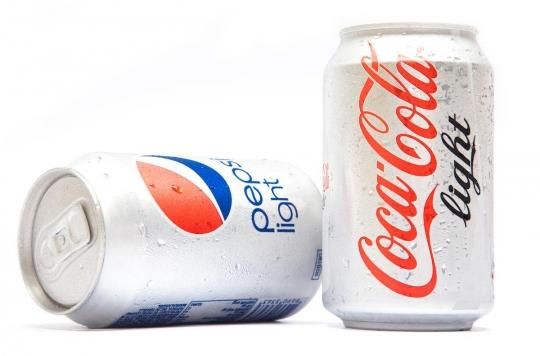
Of all the drinks, water is the only one to drink without moderation. In postmenopausal women, the consumption of light drinks, for example, has just been associated with researchers to an increased risk of stroke. We are talking here about liquids containing chemical sweeteners.
16% more likely to die
Compared to women who drank diet drinks less than once a week, those who drank two or more diet drinks a day were 23% more likely to have a stroke, 29% more likely to develop heart disease and were 16% more likely to die (from all causes).
“Many well-meaning people, especially those who are overweight or obese, drink diet sodas to reduce calorie intake from their diet. But our research indicates that these drinks are not harmless,” notes Yasmin Mossavar-Rahmani, director of the study and professor of clinical epidemiology in New York.
Feeling of hunger
His team analyzed data from 81,714 postmenopausal women, aged 50 to 79. Their consumption of low-sugar drinks (soda, fruit juice, milk, etc.) and their state of health were monitored for almost 12 years. For lack of sufficiently precise information, “we do not know precisely today which artificial sweeteners can be harmful”, laments Yasmin Mossavar-Rahmani.
Sweeteners (aspartame, stevia) are also responsible for the development of Alzheimer’s disease and the aggravation of symptoms of Crohn’s disease, for those who suffer from it. These chemical substances also increase the feeling of hunger and push the consumer towards the fattier and sweeter products. Finally, they seriously disrupt the intestinal flora.
Physical sequelae
A stroke, also called a “brain attack”, is a sudden loss of function of part of the brain, caused by a sudden stoppage of blood flow inside an artery. The severity of the stroke will depend on the location and extent affected brain areas. Indeed, each area of the brain is specialized (motor skills, speech, vision, etc.). A localized accident will therefore eliminate a function in part, or in whole, which explains why a person can keep the physical sequelae of a stroke (paralysis of a part of the body or face, reduction or disappearance of vision, problems of elocution…).
According to the World Health Organization (WHO), nearly 5 million people worldwide die of strokes each year and 15 million suffer non-fatal strokes. In France, it is estimated that between 120,000 and 130,000 people are affected each year. But thanks to more effective devices, mortality linked to strokes has fallen by 15% in France.

.



